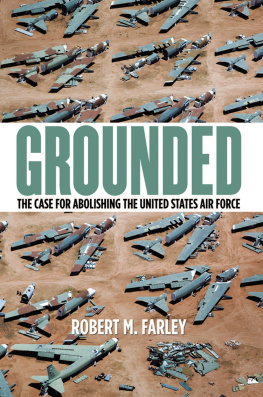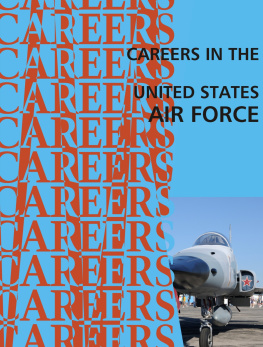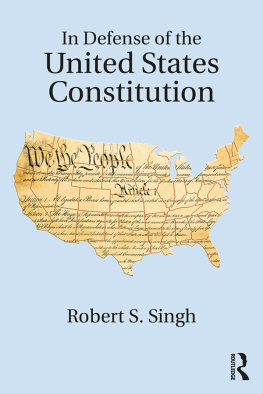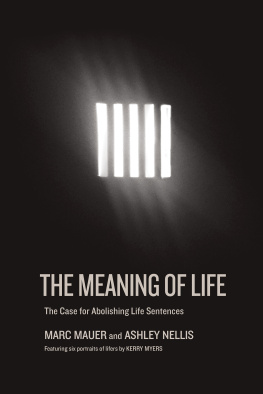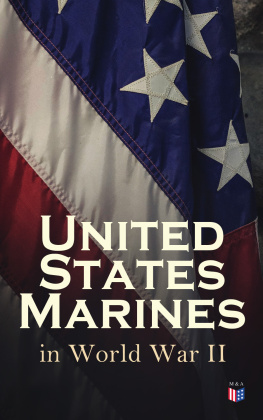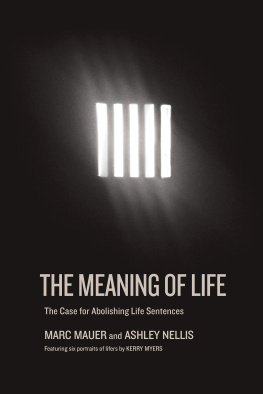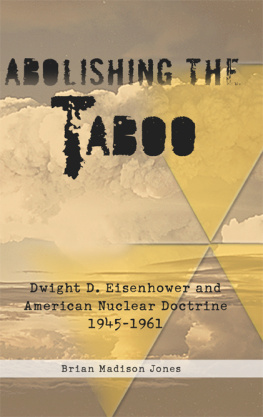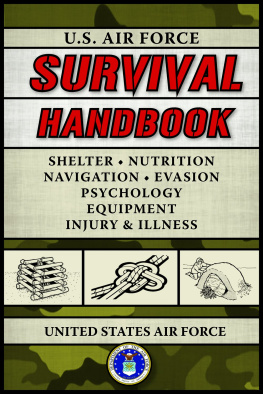Due to variations in the technical specifications of different electronic
reading devices, some elements of this ebook may not appear
as they do in the print edition. Readers are encouraged
to experiment with user settings for optimum results.
Copyright 2014 by The University Press of Kentucky
Scholarly publisher for the Commonwealth,
serving Bellarmine University, Berea College, Centre College of Kentucky, Eastern Kentucky University, The Filson Historical Society, Georgetown College, Kentucky Historical Society, Kentucky State University, Morehead State University, Murray State University, Northern Kentucky University, Transylvania University, University of Kentucky, University of Louisville, and Western Kentucky University.
All rights reserved.
Editorial and Sales Offices: The University Press of Kentucky
663 South Limestone Street, Lexington, Kentucky 40508-4008
www.kentuckypress.com
Library of Congress Cataloging-in-Publication Data
Farley, Robert M.
Grounded : the case for abolishing the United States Air Force / Robert M. Farley.
p cm (Studies in conflict, diplomacy and peace)
Includes bibliographical references and index.
ISBN 978-0-8131-4495-5 (hardcover : alk. paper) ISBN 978-0-8131-4496-2 (pdf) ISBN 978-0-8131-4497-9 (epub)
1. United States. Air ForceReorganization. 2. United StatesMilitary policy21st century. 3. Air powerUnited States 4. United States. Air ForceHistory20th century. I. Title. II. Title: Case for abolishing the United States Air Force.
UG633.F35 2014
358.4'168670973dc23
2013045094
This book is printed on acid-free paper meeting the requirements of the American National Standard for Permanence in Paper for Printed Library Materials.
Manufactured in the United States of America.
| Member of the Association of
American University Presses |
Introduction
In April 2009, Secretary of Defense Robert Gates made clear his plans to cut production of the F-22 Raptor to 187 planes. The Raptor, a stealthy fifth-generation fighter with extraordinary speed and maneuverability, had made no contribution to the wars in Iraq or Afghanistan, despite a price tag of around $150 million.
Advocates argue that the Raptor, designed for high-intensity conflict against peer competitors, will have its day. However, over the past sixty years a disturbing number of expensive United States Air Force (USAF) aircraft have never seen combat. The USAF bought 384 B-36 Peacemaker bombers in the 1940s and 1950s. None ever dropped a bomb in anger, even over Korea. None of the 2032 B-47 Stratojets ever saw action. Twenty-six of the 116 fast, beautiful B-58 Hustlers crashed, but none ever caused any damage to an enemy. Not one of 342 F-106 Delta Darts saw combat in Vietnam or in any other theater.
More modern aircraft have surely done better; the B-1B Lancer and the B-2 Spirit, extraordinarily expensive bombers intended for missions against targets deep in the Soviet Union, now drop bombs on lightly armed insurgents in Afghanistan. Moreover, other services sometimes have the same problem; few of the navys fleet of ballistic missile submarines have ever launched a missile at a live target. Nevertheless, a clear pattern has emerged in the sixty-five years of air force history. The USAF has built itself around a vision of warfare that does not, despite tremendous investment, meet the defense needs of the United States.
The United States needs airpower, but not an air force. While every military mission requires aircraft, the country does not need an independent military organization dedicated to the employment of airpower. Granting independence to the U.S. Air Force was a mistake in 1947, and maintaining the USAF remains a mistake today. The air force won its independence on theories of the decisive effect of airpower on war but has failed to justify its own existence in war. The U.S. Air Force should be abolished, and its assets divided between the army and the navy.
REVISITING OLD DEBATES
Why waste time on dead arguments with dead men? The practical failure of the longstanding theories behind air warfare should force both strategists and policymakers to revisit the foundations of airpower. Consequently, this book revisits the institutional history of the two independent air forces most associated with airpower theory, the Royal Air Force and the U.S. Air Force.
This book takes a Clausewitzian approach to argue that the current structure of U.S. military institutions has formed a straitjacket around American airpower. The extraordinary effectiveness of military aviation and the revolution that the aircraft has wrought (and rewrought) on military affairs cannot be plausibly denied. However, the promise that airpower can deliver quick, cheap, decisive victories has made military action seem excessively attractive to civilian policymakers. Air force fixation on strategic missions has meant that U.S. tactical airpower has suffered, making American uses of force less effective. Finally, the independent existence of the air force distorts procurement in that the missions the USAF favors receive financial support above and beyond their proven effectiveness.
AIRPOWER THEORY AND THE NATURE OF WAR
In the wake of the Napoleonic Wars, Carl von Clausewitz wrote On War, an extensive treatise on the basic principles of armed political conflict between nations. Published posthumously in 1832, On War offers numerous
Clausewitzs treatise, enormously influential in the late nineteenth century, remains widely read today. Some have misinterpreted the text as advocating the kind of total war theory that held on the Western Front during World War I, where the German, French, and British armies slogged through the trenches for four years. The experience of the Western Front and other World War I battlegrounds seared a generation of military officers and civilian policymakers, who sought ways to avoid such stalemates in the future. Some, such as B. H. Liddell Hart and J. F. C. Fuller, saw promise in the advent of armored mobile warfare. Others sought to outlaw war altogether.
This book focuses on the last group. Some aviators (such as USAF officers John Boyd and John Warden), have engaged with Clausewitz explicitly, others implicitly. The rejection of the Clausewitzian approach to war led to the pursuit of a system of airpower organization that could escape the traditional fetters of military conflict. Freed from the need to support land and sea forces, independent air forces might bring about decision in war without needing to destroy enemy armies and navies. Aircraft could attack the enemy center of gravity directly by destroying civilian morale, industrial war-making capability, and leadership infrastructure.
As institutionally manifested in the Royal Air Force and the U.S. Air This radically understates the complexity of social and organizational systems, leading to wildly optimistic assessments of the utility of force.




